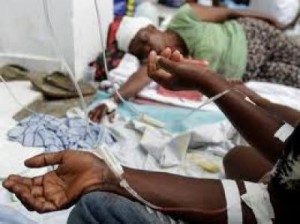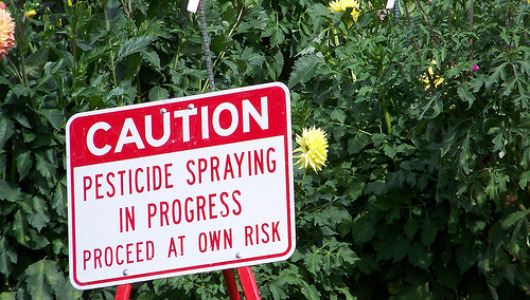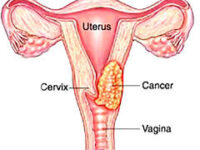 World Health Organization (WHO) Situational Report on Cholera Outbreak in Ghana indicates the country has recorded some 591 confirmed cholera cases with five deaths between January and May this year.
World Health Organization (WHO) Situational Report on Cholera Outbreak in Ghana indicates the country has recorded some 591 confirmed cholera cases with five deaths between January and May this year.
The report noted that cases were recorded in 29 districts across eight regions over the period. The only regions spared were Northern and Upper East.
It noted that this year’s cases were a spill-over from the massive cholera outbreak last year, which saw a gargantuan 28,975 cases with 243 deaths, the largest the country has ever experienced in one year.
Greater-Accra region, which was mentioned as the epicenter of the outbreak last year, led this year too with 264 cases and four deaths by the close of 21st week of the year, followed closely by Eastern region with 200 confirmed cases but no deaths.
Western Region, which was next in line with 51 cases, and one death so far, while Volta Region followed with 45 cases, Central Region with 12 cases, Brong-Ahafo with nine, Ashanti with eight, and Upper West with two cases, but all without any deaths.
But in 2014, even when the country recorded the highest number of cases, the case fatality rate (CFR) stood at 0.8 per cent, which was lower than the global one per cent unacceptable rate. And the 2015 figures means the CFR is still 0.8 per cent.
WHO noted that “active transmission of the disease is still going on in the Greater-Accra region…However the cases have been on the decline.”
It cautioned that as the raining season fast approaches, there is the need to intensify multi-sectoral response interventions, especially in the area of water, sanitation and hygiene (WASH).
In that regard, the WASH Department of the Local Government Ministry is embarking on a massive education program, involving the media and other stakeholders to educate the public on the causes and prevention of cholera and other diarrheal diseases.
Programme Officer for WASH at the Ministry, Kwaku Quansah told journalists at a training workshop that the main causes of the 2014 massive cholera outbreak were food and water sold by the roadsides and by hawkers, and open defecation.
“Cholera could only be contracted through eating fecal matter and we noticed that most of the people who contracted the disease were between the ages of 15 and 45 and they did so eating food and drinking sachet water sold at streets corners and or by hawkers,” he said.
Kwaku Quansah said the transmission of cholera is more due to poor hygiene on the part of food and sachet water vendors rather than from where the water or food was prepared.
He recalled that in 2011 the ministry used massive education through the media to prevent cholera outbreak in 2012, so in that year the cases reduced drastically to just about 100, and “we believe the media can help prevent an outbreak again particularly as the rains have started.”
CEO of Kings Hall Communications, who was a resource person at the workshop also noted that people tend to think of cholera as a seasonal disease who “we wait till there is an outbreak before we talk about it.”
He however pointed out that the number of cases recorded between January and May this year alone should indicate to journalists and the general public that trigger factors of cholera are present all year round and cases are being treated at various hospitals across the country.
“There is the need to intensify education now to prevent an outbreak instead of waiting for an outbreak to report on cases,” he said.




